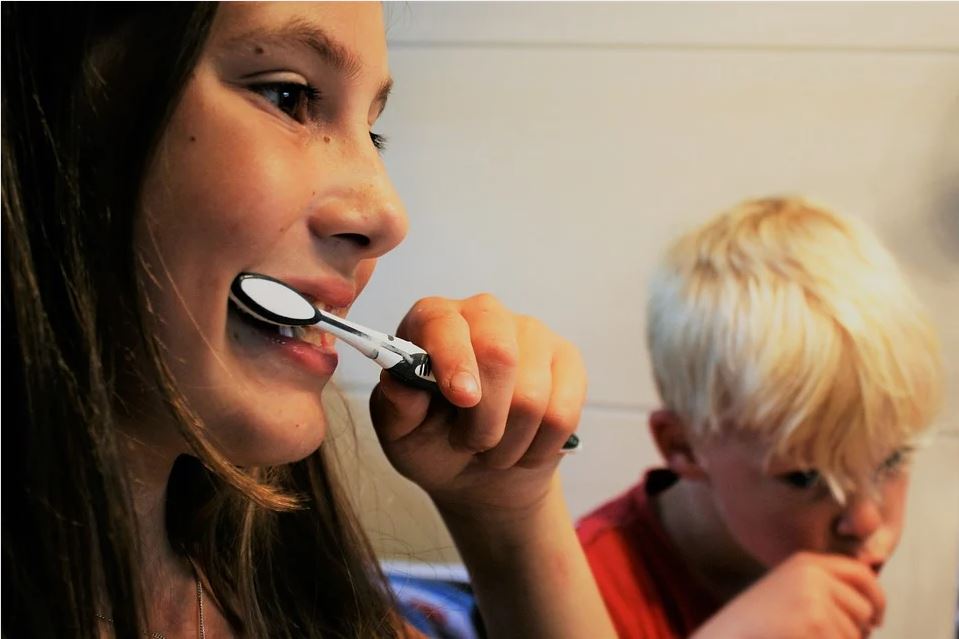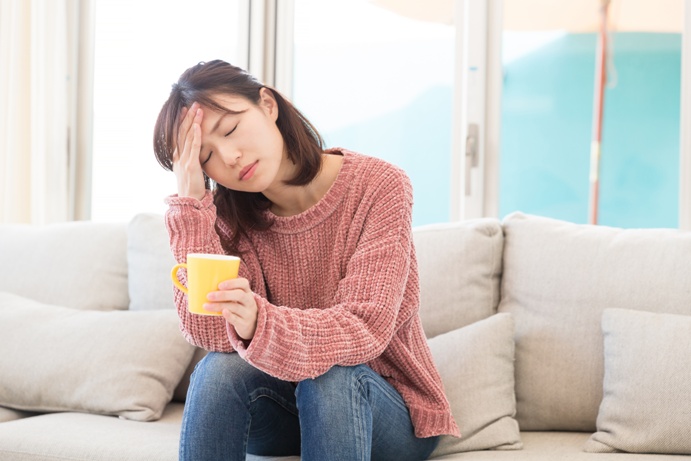I am a Type 1 diabetic and have always had a hard time with my blood sugars and with weight.
I’ve tried low carb eating, watching glycemic index foods, tons of exercise: cardio and weight training. They all have had a positive effect on me, but I could not sustain it because I was not getting the result that I was expecting. The rewards of all the hard work were not enough. Yes, my blood sugars were better and my weight would drop anywhere from 5-10 pounds over a three-month period. But those rewards were not enough.
So, I would slowly start slipping back into habits that were not optimal for me. I would revisit these things over and over during my diabetic life. I always thought this is what I will be stuck with as a diabetic: retaining weight due to insulin use and blood sugars that would never be absolutely controllable.
Then came the pandemic and I had a lot of free time to work on the things that I had always wanted to do. Two things I specifically focused on were my guitar playing and my diet. One of my patients follows the ketosis diet. We spoke for awhile and I decided that I would try to do this because I had the time to prepare meals and I needed to do something different. Well…9 months later I am down 33 pounds and my daily blood sugars and A1c are the best they have ever been. Near normal in fact! This was amazing to me. I thought to myself, why is this diet now so successful for me?
On the one hand it is the diet, but there was something else- and here is my conclusion:
Read More.png?width=305&height=132&name=NIHAlogoBLUE_3_transparent%20(2).png)










